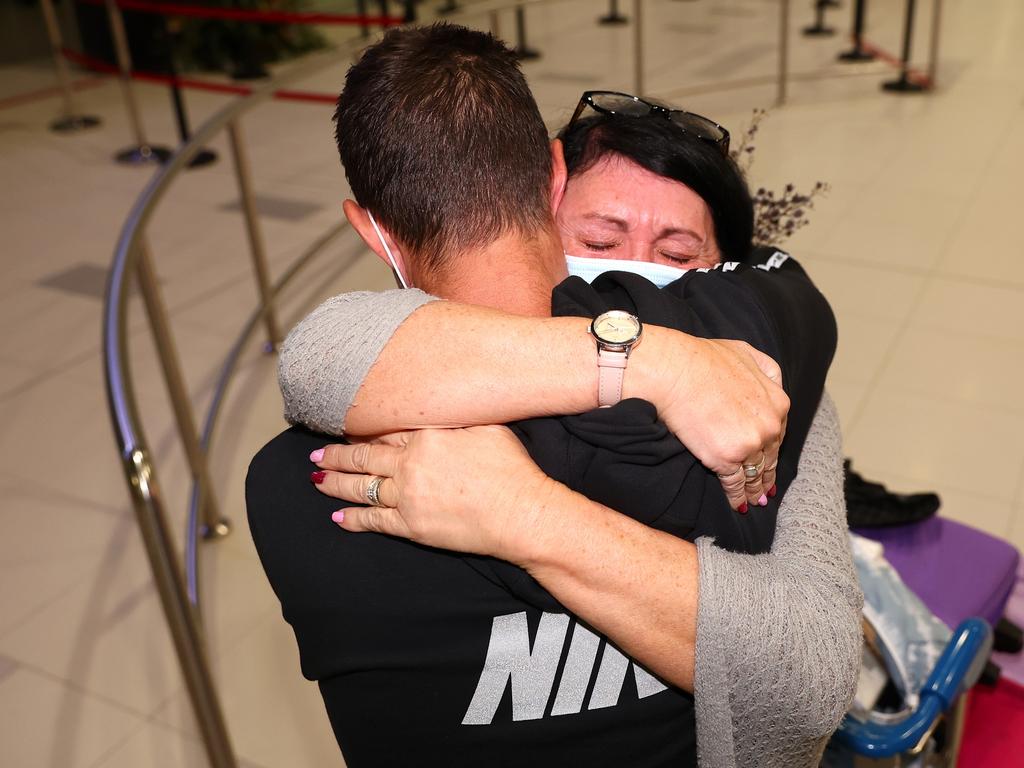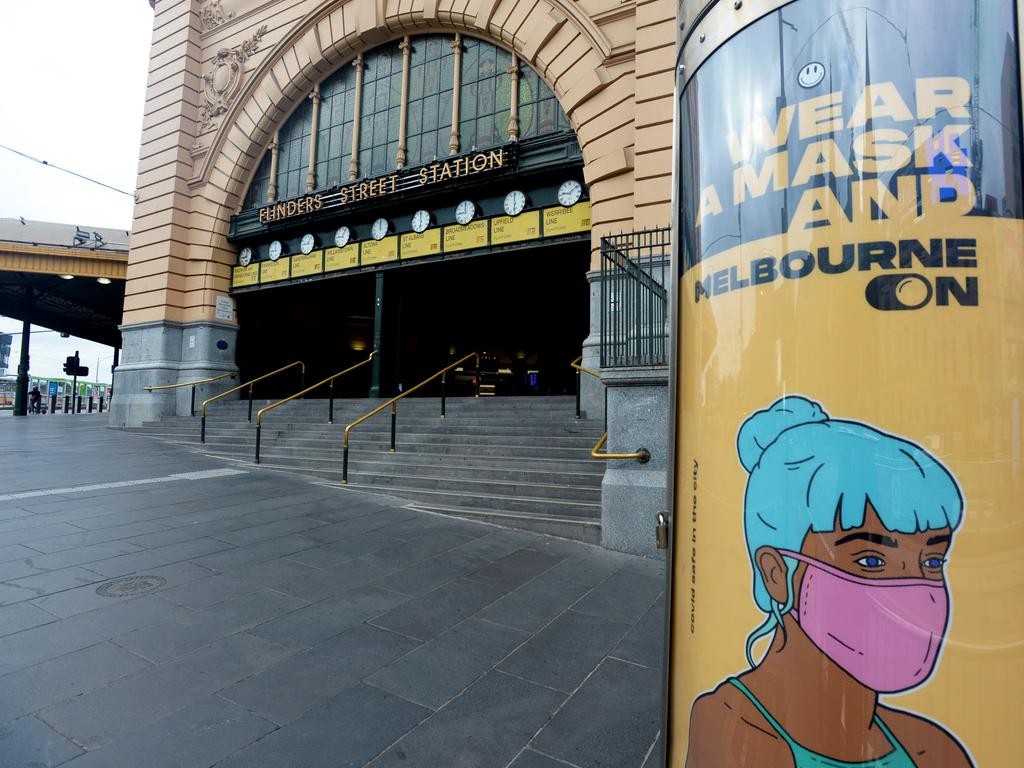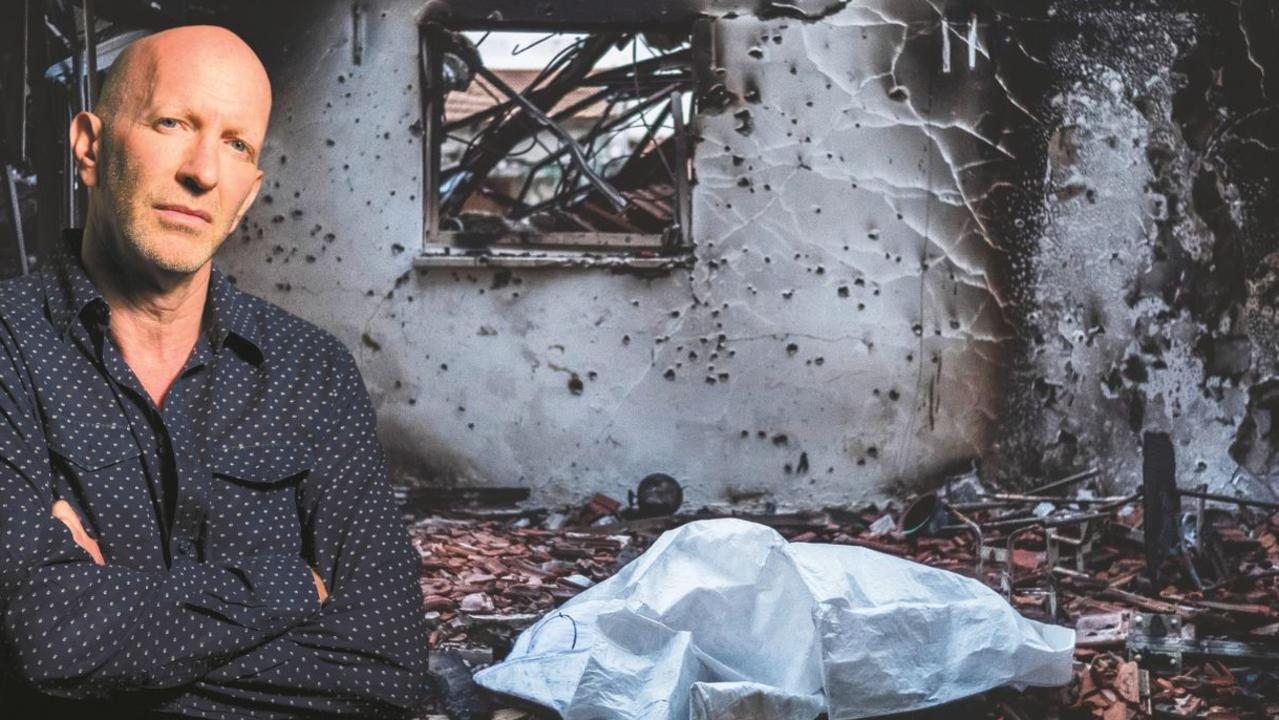Mending the social fabric after Covid’s destruction
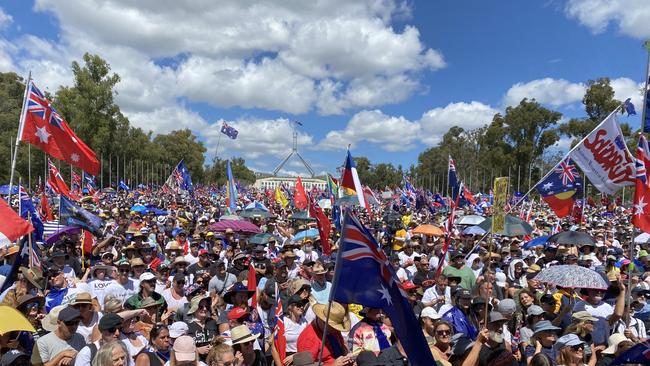
“No man is an island,” English poet John Donne famously wrote. The sociological version is collective cohesion, and its importance for individual and communal wellbeing. After two turbulent years of pandemic, now possibly winding down, it is worth trying to chart the cohesiveness, or not, of Australia through these singular times.
French sociologist Emile Durkheim termed the characteristic social pathology of modern societies anomie. Anomie occurs when the collective conscience, or group mind, that binds communities together weakens – communities from the family to the neighbourhood and workplace, from the city to the nation.
Individuals gain their sense of purpose and direction from their membership of significant small groups; their passions and ambitions are regulated by the shared values and sanctions set by those same groups. Take that away, dissolve the glue, tear the social fabric to pieces, then egoism will run rampant, with individuals increasingly prone to selfishness, surging uncontrolled impulses, addiction, crime, suicide and mental disease; and the collectivity will tend to instability, impoverishment and ruin. Anomie equates with restless chaotic uprootedness.
Signs have abounded of anomic behaviour. There have been violent demonstrations, ranting anti-vaxxers and raging libertarians of both the left and the right, across the social spectrum from truckies and tradies to hippies and professionals. Strain has stretched to breaking point for many of those living alone in small apartments, for parents having to juggle work with home-schooling wayward teenagers, and for many others. Domestic violence has surged, as reported by all relevant agencies. Alcohol sales have risen. Conspiracy theories have proliferated on social media.
Also, the smooth running of society and the predictable routines of everyday life, with all its complex tissues of connection, have been interrupted, in some places calamitously. Central business districts were turned into ghost towns and still have not recovered, restaurants close at short notice because of staff shortages, arts events fail, understaffed aged-care homes are locked down and schools now publish a daily register of classes struck by Covid.
In other words, a heterogeneous collection of groups across the society have felt the discomposure of anomie, losing control of passions such as anger and resentment, given to venting and extremist protest, while through the mainstream middle many families and businesses have felt the stress, at times to rupture point.
Individuals forced in on themselves, with constrained opportunities for meeting others or travelling, compounded by spending more time in isolation on the internet, can find themselves more generally apathetic, with usual escapes from the self, and stimuli, closed off. They may lose their enthusiasm for old interests, pleasures taken in meeting others, and in exploring new and different experiences, with a resulting depressive introversion.
But what about the aggregate? Australia has one of the highest vaccination rates in the world, at about 95 per cent. Surely this is a sign of respect for authority, and across the board from the medical establishment to governments.
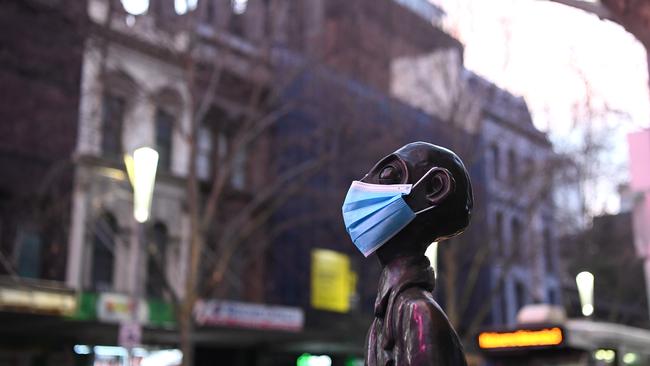
Manifest here is the continuation of Australia’s very high ranking in terms of social cohesion. The best modern indicator has been the whole society’s ability to integrate millions of migrants since 1945 from hundreds of different ethnic and language backgrounds, with little discord, most of those migrants coming to appreciate and even love their new homeland. When people like where they live, and approve of the way it runs, they are likelier to obey government edicts and conform to any shared restraints of the moment.
During the Novak Djokovic saga at this year’s Australian Tennis Open, polls showed the vast majority in favour of deportation, in accord with the government, and outweighing his celebrity and player excellence.
Federalism, as our governing system, has itself worked both ways. During the pandemic major decision-making shifted to the states and territories, with them often choosing very different paths to each other, sometimes at odds with the federal government.
This looks, at first glance, like a sign of fracturing cohesion. The national cabinet of Prime Minister and premiers, designed to manage the pandemic cohesively, worked well for a year, then fell apart. The fracturing has been underlined by businesses, led by airlines and tourism bodies, complaining about the lack of consistent rules across the country, especially rules controlling entry and quarantine.
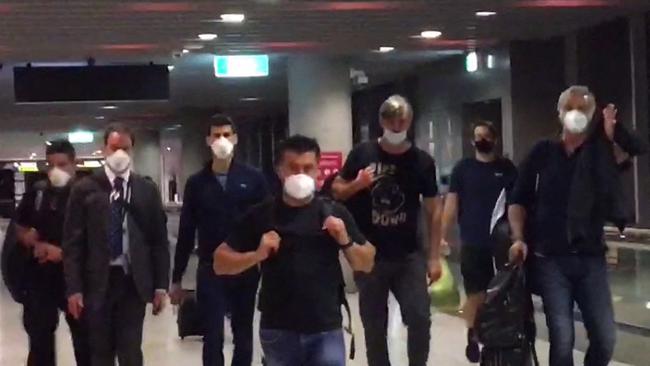
This is reminiscent of one of the main reasons for Australia’s confederation in the first place, in 1901, to remove the impediments to trade of each state having different customs duties and rail gauges.
On the other hand, as a general sociological rule, the broader and deeper the tissues of belonging, the healthier the society. We in Australia are better off living in a society of pluralistic multiple attachments, to all of nation, state, and even town and suburb. This may be messy and fractious at times, even anachronistic – from the inefficiency of overlapping bureaucracies in Canberra and the state capitals to the notorious Adelaide footy cry of “Kill a Vic!” The opposite to plural associations may be observed in dictatorships, in which the political imperative is to eliminate all intermediate groups between power concentrated at the top and the helpless mass of individuals beneath.
A recent survey ranking the attachment of locals to their cities found Melbourne at the top and Sydney at the bottom, in a range, in effect, from parochialism to cosmopolitanism. At the margins, this seems hard to believe, given the intense identity felt by, say, Queenslanders and West Australians.
Sydney is, in many ways, the most cosmopolitan city, and it has handled Covid with a much lighter touch than Melbourne. Maybe the southern capital’s greater suffering during the pandemic, in terms of time spent in grim lockdown, has strengthened feelings of local attachment. In general, the pandemic has placed greater premium on the local over the national and, in parenthesis, over the international – and not just in travel. The suggestion that Scott Morrison is seen resentfully from the south as the Prime Minister for Sydney also may play some part.
Cosmopolitan culture prefers the global and international to the local. It prefers supranational organisations such as the UN and the EU to nationalist ties and the nation state. In extreme form, it weighs against social cohesion. In neglecting its local roots, it risks belonging nowhere – at a cost to itself and to where it comes from.
Other pressures on social cohesion have come with the times. Greater social isolation has increased the likelihood of disoriented individuals seizing hold of extreme beliefs and hitching their identity to them. Identity politics is of its nature fractious, from fanatical patriotism and fundamentalist religion to climate action and LGBTQI+ rights, all pressing against sober allegiance to neighbourhood, city and country. At issue is where the person feels they belong, where they feel at home.
The sour-faced snub of Morrison by last year’s Australian of the Year, Grace Tame, illustrated the high-minded snootiness of identity in overriding the norms of public civility. She may not like the individual but she should respect the office.
The power pendulum is swinging back from the states to the federal government as the urgency weakens for firm responses needed to address Covid challenges. In Victoria, the state government seems to have picked up a collective mood that is fed up with lockdowns and other draconian restrictions on free movement. Premier Daniel Andrews has shed his earlier bullish bunker demeanour, his tone shifting to one of quiet reticence, now even going soft on vaccination mandates. But if the country is emerging from the pandemic, things are far from settling back to normal. Some agitation remains across the nation. Groups still protest. There are those who want further lockdown, others who want freedom of choice. Western Australia still goes it alone. Clive Palmer’s United Australia Party has risen in the polls. Businesses that have come through the long ordeal find staff impossible to find and they give up. Fear continues to inhibit socialising – at the Australian Open, seats to the finals at Rod Laver Arena could be bought up to almost the last minute.
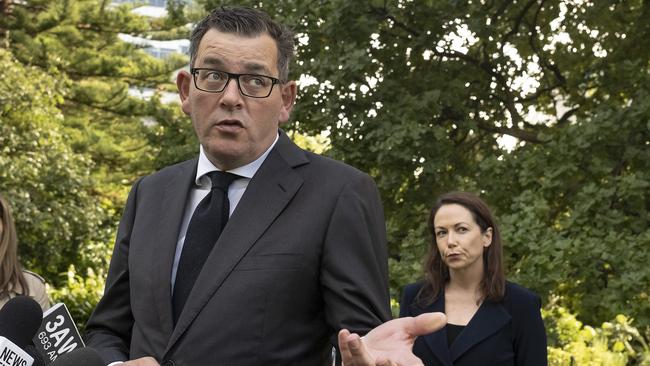
Tensions are emerging between those who have become used to working from home, and like it, and organisations that want workers to return to their offices, supported by city mayors desperate to bring their CBDs back to life. More is at stake here than rational choice about work-home balance.
Comfort can become a type of entropy. The people who have become used to the convenience of the home office, realising that for them a tiresome daily commute to work is no longer an assumed necessity, and who manage to retain the privilege, may lose more than they realise.
The bubbling entrepreneurial energy needed for a dynamic contemporary society requires some acceptance of self-denial, slog and hardship. And it needs resilience. The buzz that makes a great city, the interconnections with others in the office, meeting in CBD cafes, and even bumping into people in the street, all contribute to creativity and engagement. That depends on density, fluidity and movement. Here was a big part of Melbourne being ranked the world’s most liveable city seven years in a row. Today it is a mere shadow of its former self. A dynamic, thriving society needs to look outwards as well as to savour its own qualities. In the contemporary world, social cohesion does not mean the cosy unchanging predictability of the inward-looking traditional village in which time stood still and everyone knew everyone else. It balances attachment to the local with openness to the outside and the new. We still don’t know what long-term impact the pandemic may have on insularity and xenophobia. Generations of Australians have travelled overseas – a key part of their education and their rite of passage into adulthood. Seeing the wider world and exploring its manifold differences became a kind of second nature.
What may be the consequences of removing that, or even just inhibiting it? Broad experience is a stimulus for excitement, aspiration, relish for building, making and creating. For those who are young and ambitious, home can become claustrophobic. Too close ties to domestic comforts may dampen a zest for taking on life and forging a future while increasing general apathy and torpor.
So, what may we plausibly conclude? High vaccination rates, coupled with earlier compliance with lockdowns, largely bipartisan government policy and recent co-ordination between NSW and Victoria all suggest that social cohesion in Australia has survived largely undamaged. But notwithstanding, the society has undergone a seismic shock. Pre-pandemic habits and perceptions have been chipped away, bit by bit, for most, and with them usually not even recognising the change. We don’t yet know how extensive the losses have been, and how irreparable, but things are different.
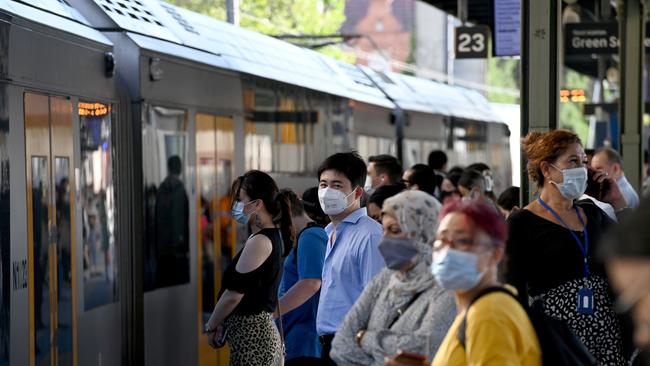
The way Australia adapts to its new condition will determine the future. And in judging this, instances of anomic behaviour are probably less relevant than the gradual shifts that have occurred in the temperament and chemistry of the whole.
The fundamental truth, largely unrecognised, that sets the key scene is that Australia has been singularly good at creating modern cities that are dynamic and prosperous while being pleasant to live in. A part of this success has been the development, in recent decades, of a happy counterpoise of inner-urban cosmopolitanism and its creative bohemian buzz, with enthusiastic suburbanism and its neighbourhood attachments. Outward-looking mobility has combined with deep local roots to create a kind of symbiotic strength.
That is the substantial achievement. However, if on the one hand, roots anchoring individuals in their familiar place, roots that secure them and make them feel at home, if they have withered during the pandemic, under anomic pressure; and, on the other hand, if mobility, engagement and exchange with the wider world have been lastingly diminished, then the country is likely to struggle in the immediate future. After-waves from the seismic shock will have destabilised the previously fertile and steady ground.
John Carroll is professor emeritus of sociology at La Trobe University.

